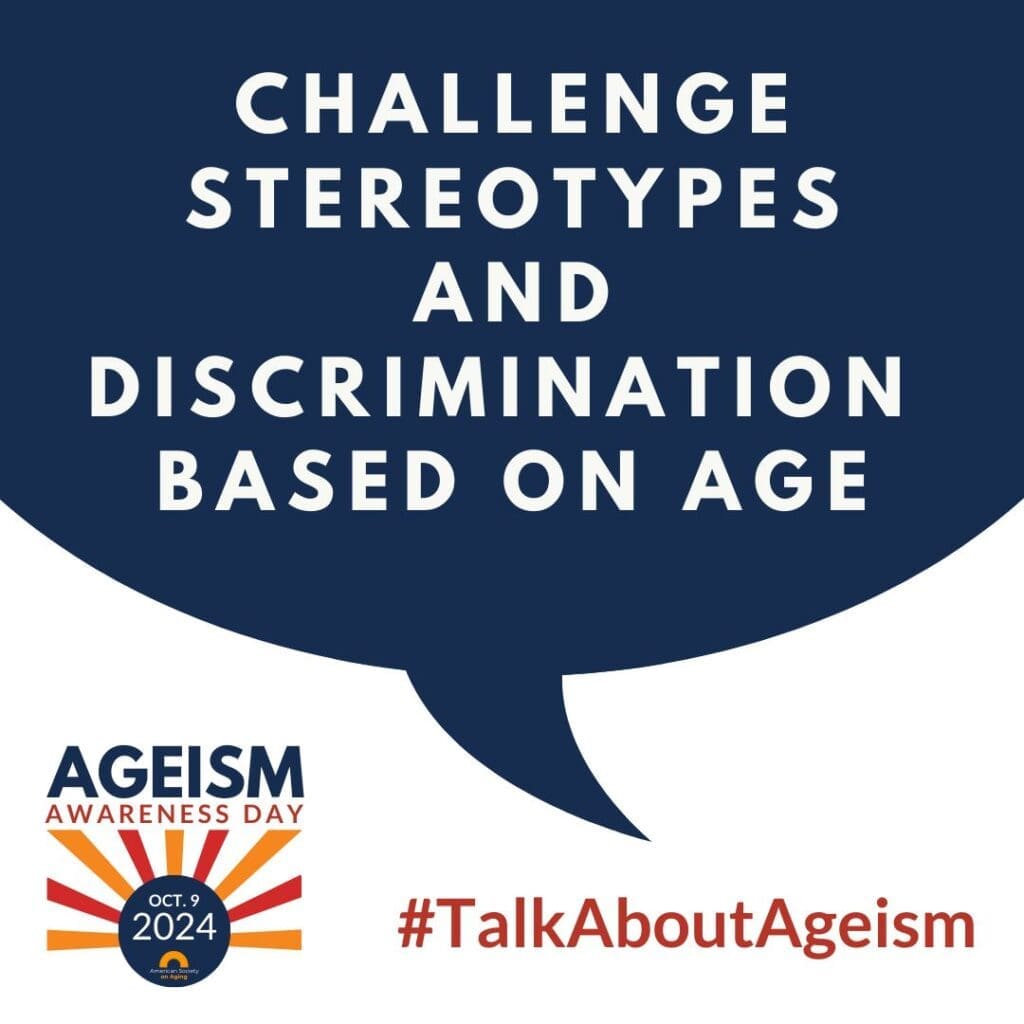
Ageism is a pervasive issue that affects society at every level, from personal relationships to institutional policies. It manifests as stereotypes, prejudices, and discriminatory actions based on age, impacting individuals of all generations. The consequences of ageism are far-reaching and multifaceted, undermining our collective well-being and societal progress.
One of the most significant impacts of ageism is on individual health. Studies have shown that experiencing age-based discrimination can lead to increased stress, anxiety, and depression, as well as decreased self-esteem and overall well-being. This negative impact on mental health can, in turn, affect physical health, creating a cycle of deterioration that affects quality of life.
Ageism presents substantial challenges in the workplace, particularly for older workers. They often face barriers to employment, training, and advancement opportunities. This not only affects individuals’ financial security and sense of purpose but also deprives society of valuable skills, experience, and contributions. By limiting the participation of older workers, we miss out on the potential innovations and productivity gains that a diverse, multi-generational workforce can bring.
Moreover, ageism perpetuates harmful stereotypes and limits our understanding of what it means to age. These misconceptions can lead to a narrow and often negative view of later life stages, affecting how people perceive their own aging process and that of others. By challenging these ageist attitudes, we can promote a more positive and accurate view of aging, fostering intergenerational understanding and respect.
October 9, 2024, marks Ageism Awareness Day, a crucial turning point in our fight against this often-overlooked form of discrimination. This day serves as a catalyst for change, empowering us to take action. By educating ourselves and others, we can challenge age-related biases, promote inclusive policies, and work toward a society that values individuals of all ages.
Combating ageism is not just possible but essential for creating a more inclusive and equitable world. By addressing ageism, we can improve individual health outcomes, unlock the full potential of our workforce, and foster a society that appreciates the unique contributions of each generation. Ageism Awareness Day reminds us that every action counts in building a world where people of all ages are valued, respected, and given equal opportunities to thrive.